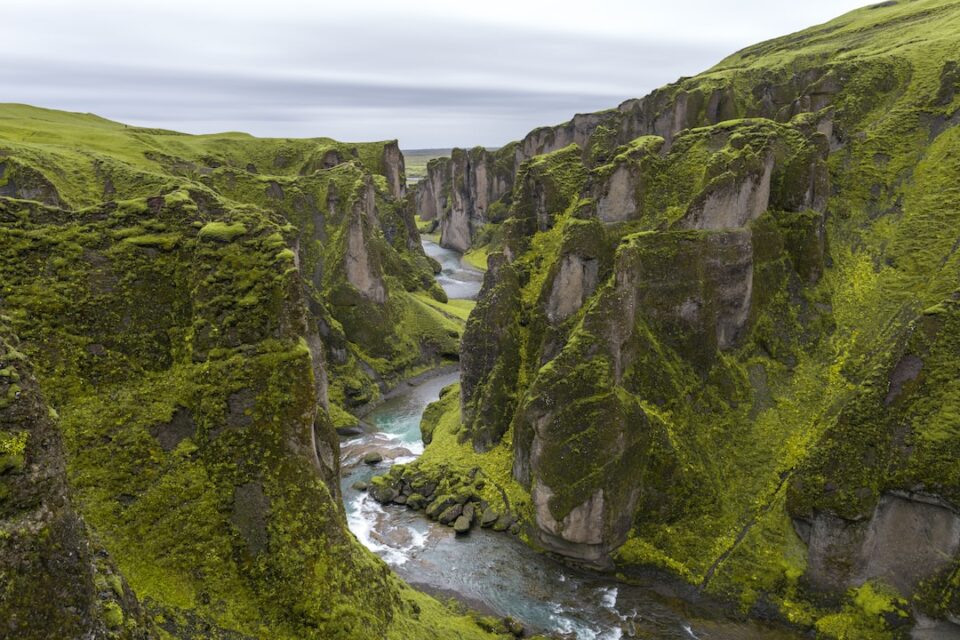Hiking has always been a popular outdoor activity for people who enjoy the tranquility of nature and want to escape the hustle and bustle of everyday life. While hiking with friends or in groups can be a lot of fun, there are times when you may find yourself wanting to embark on a solo hike. Hiking alone can be a rewarding and empowering experience, but it is crucial to prioritize your safety and be adequately prepared. Here are some essential tips to help you stay safe and prepared while hiking alone.
1. Research and Plan Your Hike: Before setting off on your solo adventure, take the time to research the trail and understand its difficulty level, length, and terrain. Familiarize yourself with a map of the area and make note of any potential hazards or landmarks. Planning your hike allows you to estimate the time needed to complete it and ensures that you don’t bite off more than you can chew.
2. Inform Someone About Your Plans: Always let a trusted friend or family member know about your hiking plans, including details such as the trail you’ll be trekking, estimated start and end times, and your expected return. This way, if anything unexpected happens, someone will be aware of your whereabouts and can alert authorities if needed.
3. Pack Essential Gear: Having the right gear can make a significant difference in your safety while hiking alone. Carry a well-fitted backpack containing essential items such as a map, compass, whistle, headlamp, extra batteries, extra food, water, a first-aid kit, and a multi-tool. Make sure to also pack appropriate clothing and footwear, as well as a fully charged cell phone.
4. Ditch the Headphones: While hiking alone can make you crave some entertainment, it’s crucial to remain fully aware of your surroundings. Avoid using headphones as they can impair your hearing, preventing you from hearing important sounds such as wild animal warnings or approaching hikers. Stay focused and present while enjoying the beauty of nature.
5. Stay on Marked Trails: When hiking alone, it’s safer to stick to well-marked trails and avoid straying off the path. Venturing into unknown territories can increase the risk of getting lost or encountering dangerous situations. Follow trail markers and signs, and be cautious of any areas that may pose a risk, such as steep cliffs or dense vegetation.
6. Be Mindful of the Weather: Weather conditions can change rapidly, especially in mountainous areas. Check the weather forecast before your hike and be prepared for unexpected changes. Dress in layers to adapt to temperature variations and carry rain gear if needed. If the weather worsens, it’s better to turn back and try again another day.
7. Trust Your Instincts: One of the most important aspects of hiking alone is trusting your instincts and listening to your gut feelings. If something seems off or unsafe, it’s crucial to evaluate the situation and make smart decisions. If a trail appears too risky or you feel uneasy about continuing, exercise caution and turn back. Your safety should always be the top priority.
Hiking alone can be a wonderful experience that allows you to connect with nature and find inner peace. By prioritizing your safety and adequately preparing for your solo adventure, you can ensure a positive and enjoyable hike. Remember to stay cautious, plan wisely, and trust yourself, always keeping in mind that it’s better to be safe than sorry.


